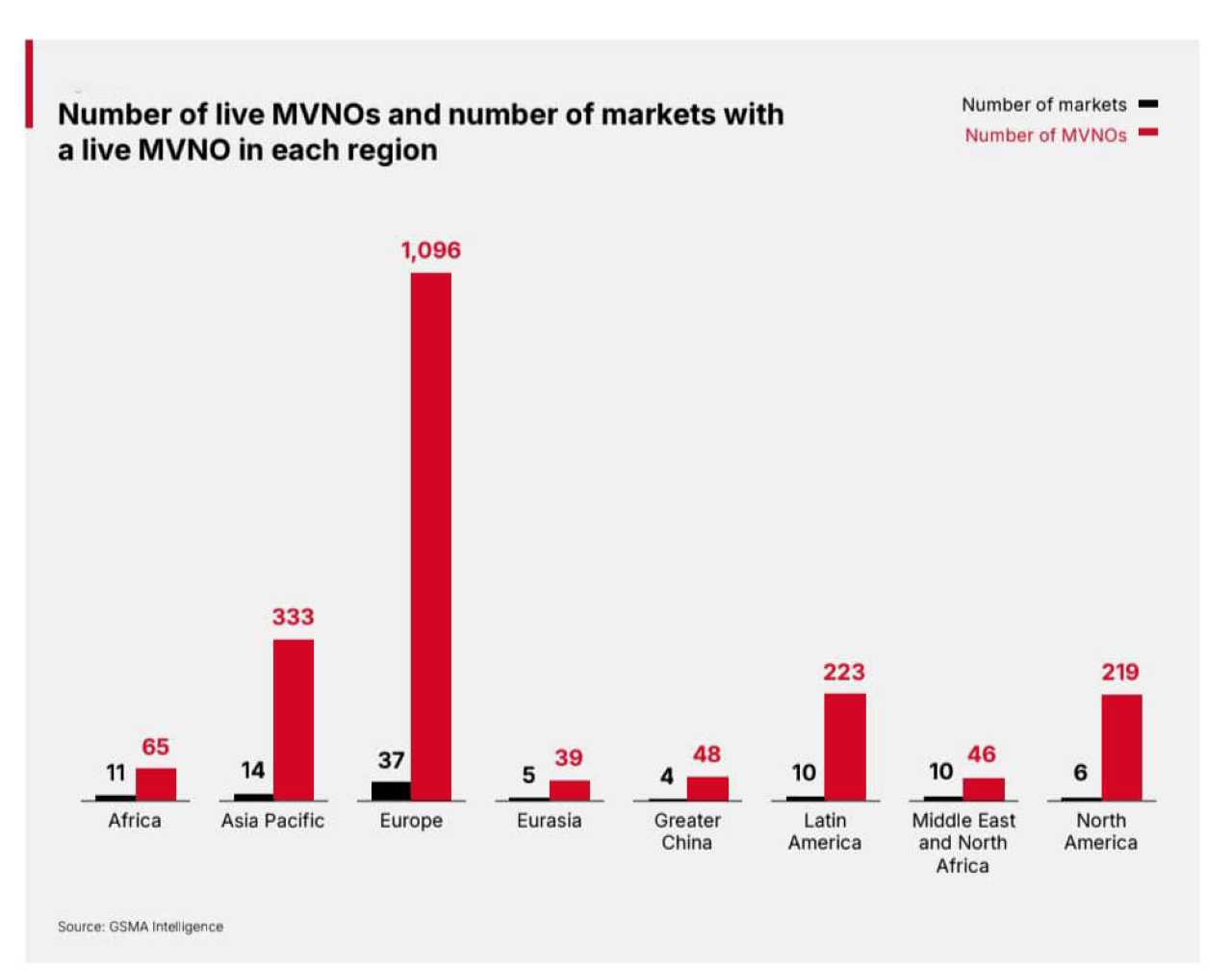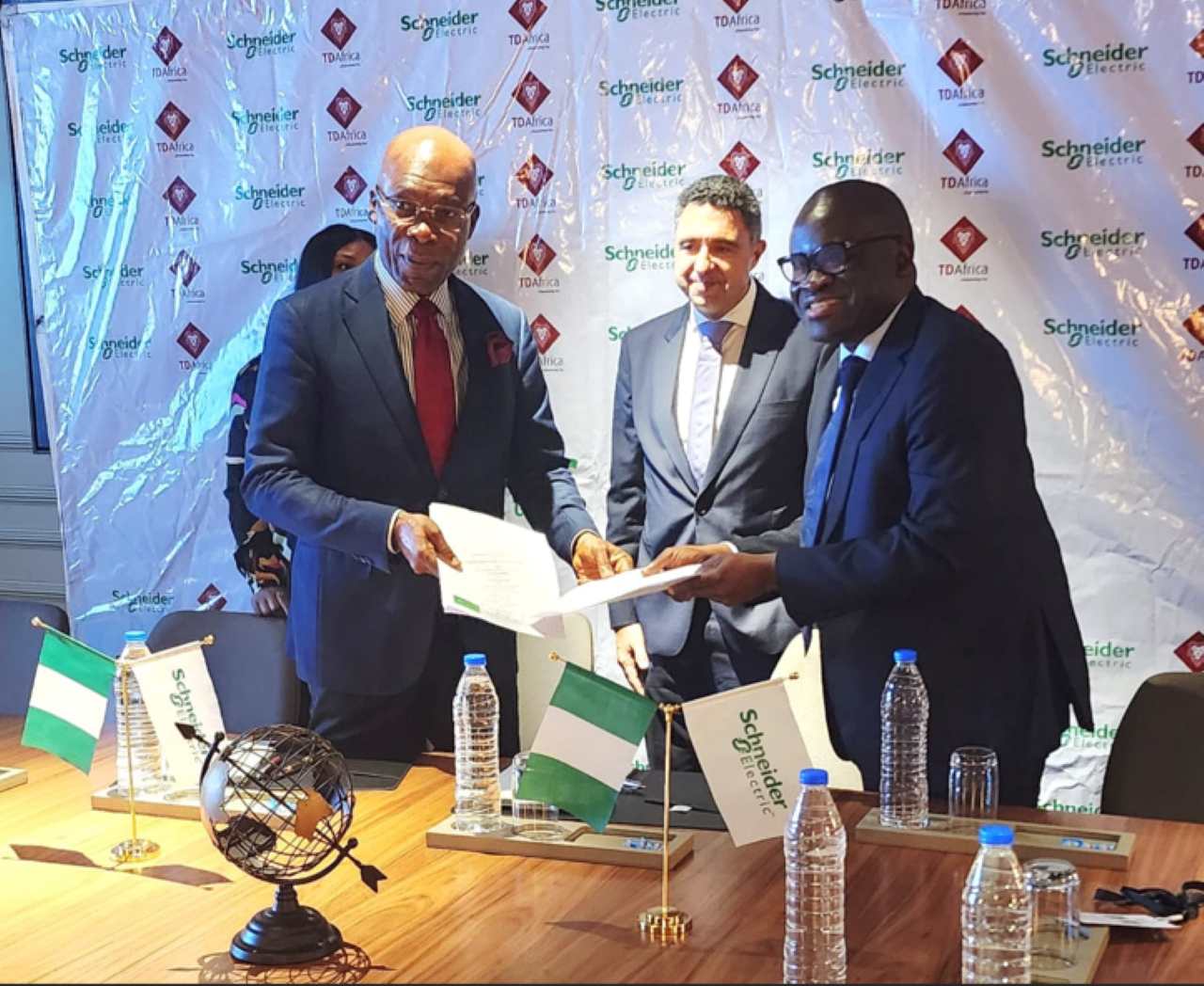.Over 2000 licensees offer services in 100 countries
THE success of Nigeria’s Mobile Virtual Network Operators (MVNO) ecosystem may require regulatory enforcement, infrastructure mandates and commercial protection.
This was the view of the GSMA, which referenced Nigeria’s comprehensive licensing system, saying the developments may accelerate MVNO entry, but “without enforcement, infrastructure mandates and commercial protections, it may struggle to achieve sustainable outcomes.”
Conversely, the GSMA, the industry’s global telecom advocacy body, observed that commercial-driven markets such as South Africa and Kenya demonstrated that strong value propositions can sustain MVNOs even without formal regulatory support.
Indeed, in Nigeria, checks showed that about two years after the Nigerian Communications Commission (NCC) licensed 43 MVNOs to expand telecom competition and deepen connectivity, only a handful of the licensees have actually launched commercial operations. These are Vitel Wireless and EMOSIM.
The sluggish rollout has raised questions about the viability of Nigeria’s MVNO model in a market long dominated by established Mobile Network Operators (MNOs) such as MTN, Airtel, Globacom and 9mobile.
The NCC had projected that allowing MVNOs to operate under a tiered licensing framework would spur innovation, increase consumer choice, and drive inclusion, especially in underserved areas.
However, the reality two years later suggested that regulatory approval alone is not enough to overcome the market’s structural and economic barriers.
Findings showed that after the initial enthusiasm of the licensing, most of the licensed companies have struggled to raise funding, negotiate wholesale agreements with MNOs, and develop competitive value propositions.
While there are still frictions, GSMA observed that sustainability requires alignment with operator interests. It noted that in all models, the willingness of host operators to provide access is critical.
“Without strategic alignment, MVNOs risk being short-lived, while those that enhance the operator value chain can achieve long-term viability,” it stated.
According to it, today there are over 2,000 MVNOs in nearly 100 markets around the world. As of September 2025, there are 63 virtual network operators in 11 countries across Africa, with South Africa representing 61 per cent of the total number of players in the region.
Largely, GSMA said Africa’s diverse markets suggested that neither a purely regulatory-led nor a purely commercial approach is universally optimal. It stressed that policymakers must consider market maturity, financial sustainability and strategic objectives when designing frameworks to enable MVNOs.
The telecoms body said a vital question in Africa’s telecoms sector is whether MVNOs erode operators’ revenues or whether they strengthen the ecosystem. According to it, evidence clearly showed that MVNOs tend to complement, rather than cannibalise, existing operators through strategic value propositions and are not direct competition.
It said when paired with thoughtful regulation and well-designed market strategies, MVNOs can expand coverage, foster competition and introduce innovative services, saying they are not a cure-all for Africa’s connectivity challenges, but they play a critical role in shaping inclusive, diverse and sustainable digital ecosystems.
GSMA observed that in markets where strong competition already exists, MVNOs may not be required. It said that for countries considering their introduction, regulators must focus on sustainability and commercial viability, issuing licences with clear objectives to avoid excessive competition that could erode value or trigger a ‘race to the bottom’ in the telecoms sector.






